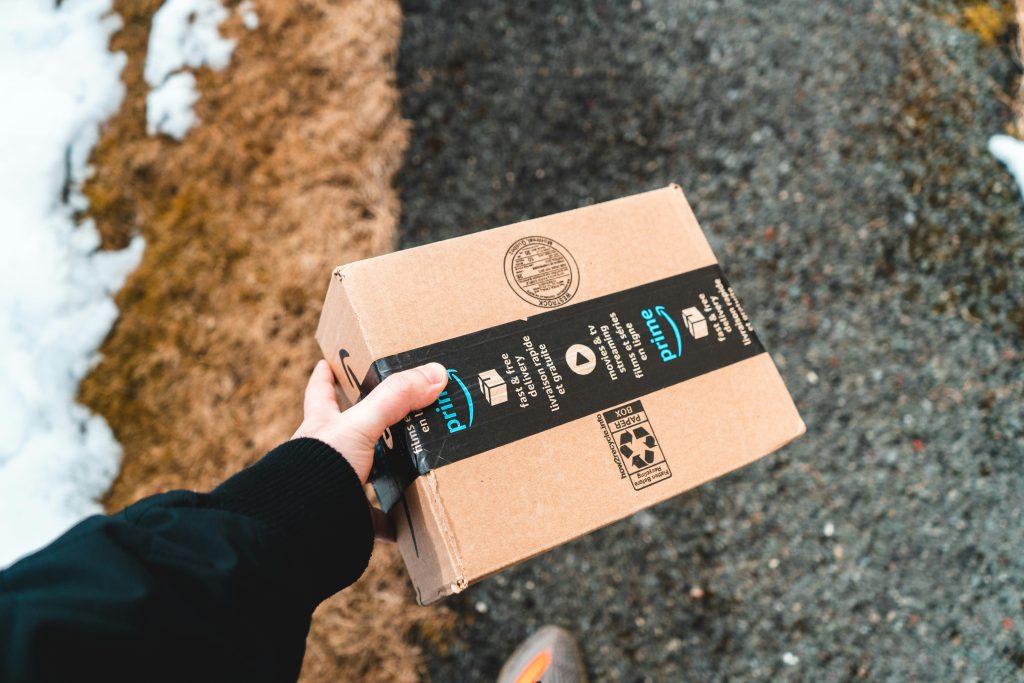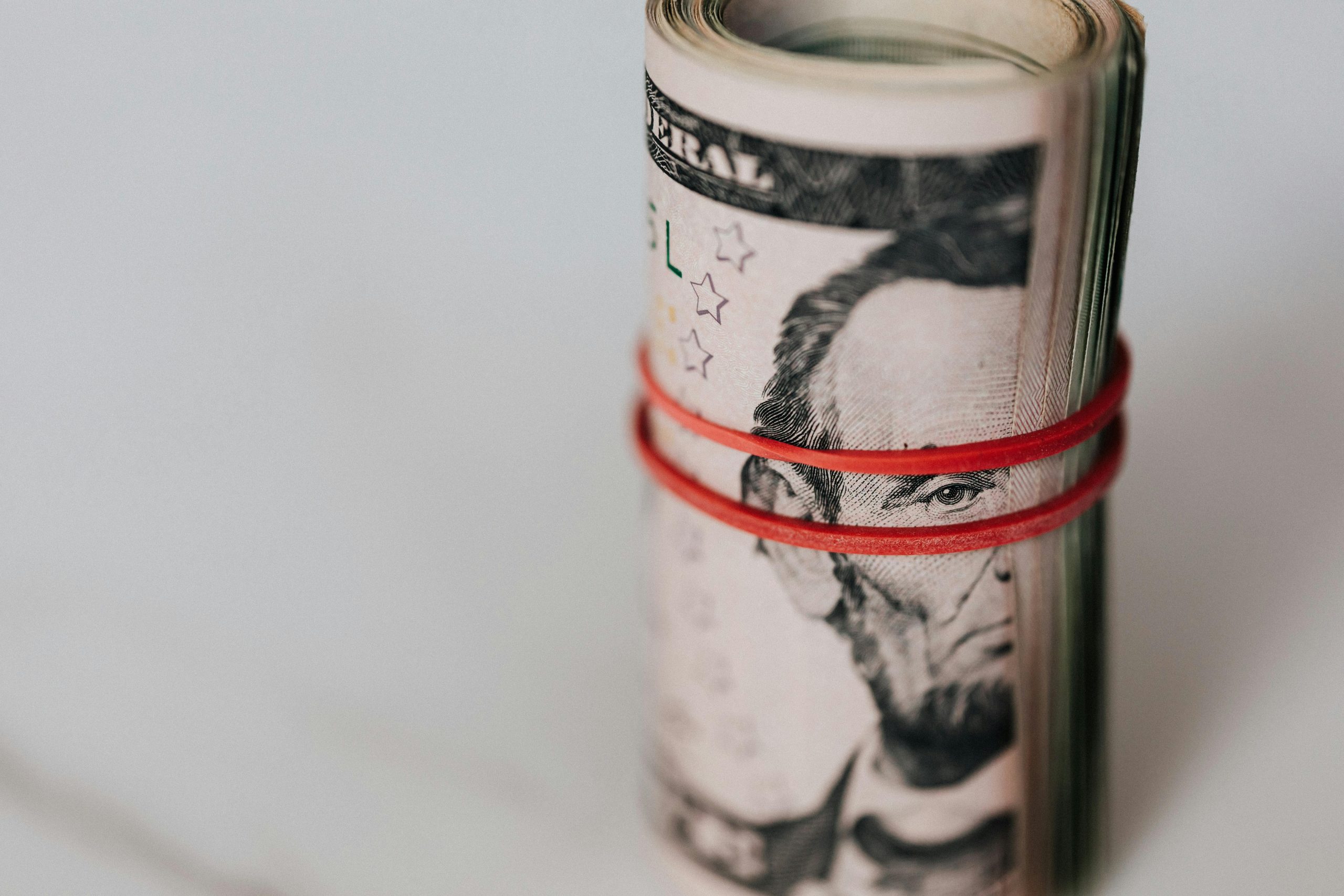

If you’ve tried to have a no-spend month or year in the past, you may have quickly given up on your goals. It’s easy to not be realistic with our financial goals when we are trying to decrease spending in the upcoming year. Around 20% of Gen Zers and Millennials attempt to have a no-buy year, but frequently abandon their goal when things get tough. However, if you frame your no-spend goal in the right way, you’ll have an easier time sticking to it. Let’s take a look at some tips that can help you reach your goals in 2025.
1. Differentiate Wants and Needs


It’s unrealistic to say that you won’t buy anything in the next year. But you can set healthy limits for yourself. For example, you probably don’t need another hoodie, but you may need new shoes for work. Try to anticipate these needs as best you can when you are budgeting. You can also give yourself small allowances for each category each month.
2. Limit Your Spending to One Day a Week
Little purchases throughout the week add up. Some people find that designating one day per week to make essential purchases helps them curb their spending. For instance, instead of stopping at the grocery store three or four days per week, make a larger trip one day a week. This will help you track your spending better. Plus, you’ll be forced to use things you already have in the pantry for instance before restocking.
3. Focus on Things That Aren’t Materialistic
To feel less restricted, you may find it helpful to focus on not buying stuff. You could allow yourself instead to focus on experiences and hobbies and give yourself a small budget for those things. Some people incorporate rewards for hitting their financial goals, like a trip at the end of the year.
4. Determine Your Goals
Before on a no-spend year, make sure you have specific goals. You may want to create an emergency fund or save $10,000 this year. You may want to change your shopping habits and set up healthy parameters for yourself. Ultimately, no-spend years are a great opportunity to change our behaviors and relationship with money.
5. Keep a Journal
In your journal, you can outline things that you can and can’t buy, how you will handle impulses, your goals, and your rewards. You can also keep a log of how you are feeling throughout your no-spend year. Write down when you averted an unnecessary purchase and celebrate your little victories along the way. This will help you stay on track all year long.
6. Get Rid of Your Triggers


If you know that window shopping is problematic for you, don’t go to the mall. You may also want to leave your credit cards at home and only carry cash for incidentals. If online shopping causes you to overspend, you may want to unsubscribe from marketing emails and get rid of Amazon Prime. Additionally, if ordering takeout is a trigger, delete DoorDash and Uber Eats. Instead, create a limit for yourself that you can only eat out or get takeout twice per month. Choose limits that are realistic instead of saying you’ll never do these things.
7. Say No to Yourself
The hardest person to say no to is yourself. Often, we get into the habit of saying “I deserve this.” Maybe we have a stressful week and need to blow off steam, this is when bad spending habits usually crop up. If you can learn to say no to yourself and redirect yourself toward healthier behavior, your no-spend year will be much more successful.
8. Surround Yourself with Positive Influences


If your TikTok or Instagram feed is full of influencers who convince you to make impulse buys, unfollow them. Instead, surround yourself with positive influences and content. For example, Buy Now! on Netflix may give you motivation to continue your healthy spending habits. Follow influencers, read books, and watch TV shows that align with your money philosophies to stay on track.
Staying Motivated During a No-Spend Period
If you fall off the no-spend wagon, don’t give up. The only way to set new habits is with time and practice. Instead, if you make a mistake, re-evaluate if your goals are realistic for you and what is and isn’t working. The more flexible you are, without being overindulgent, the more success you’ll have in the long run. Have you tried a no-spend period? What was the most challenging aspect?
Read More


Teri Monroe started her career in communications working for local government and nonprofits. Today, she is a freelance finance and lifestyle writer and small business owner. In her spare time, she loves golfing with her husband, taking her dog Milo on long walks, and playing pickleball with friends.

